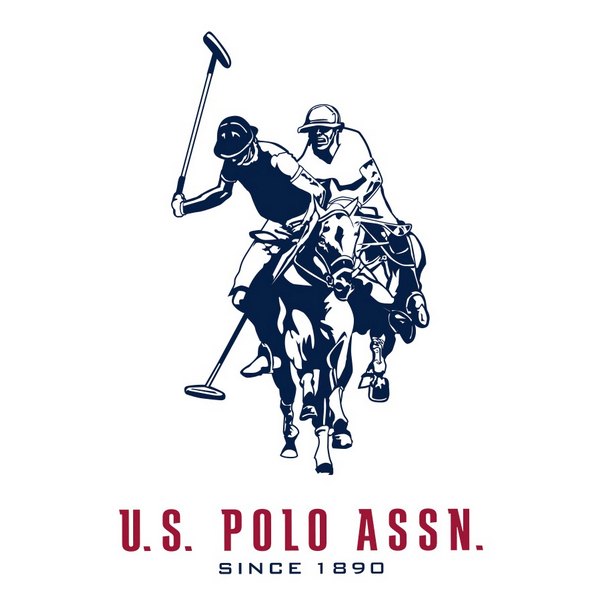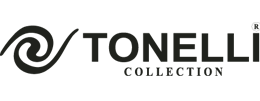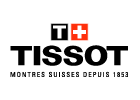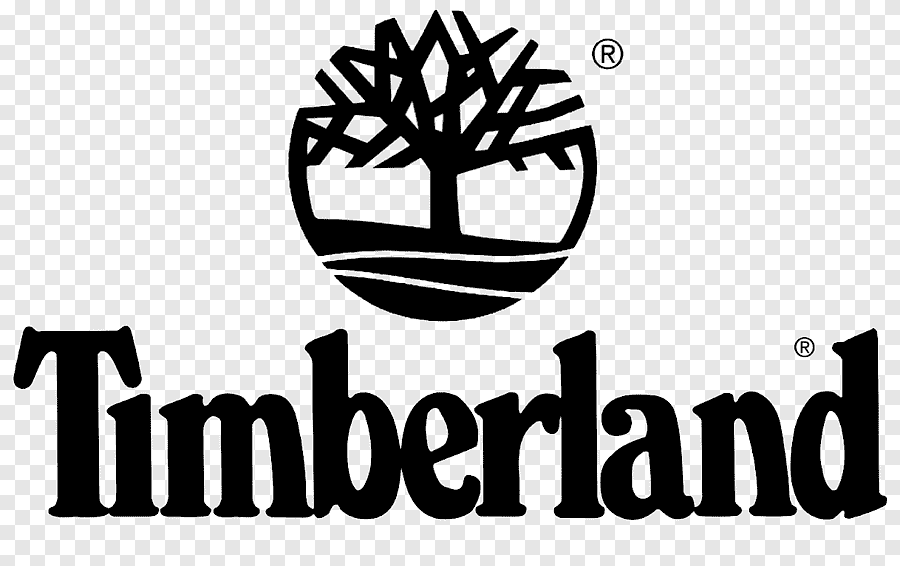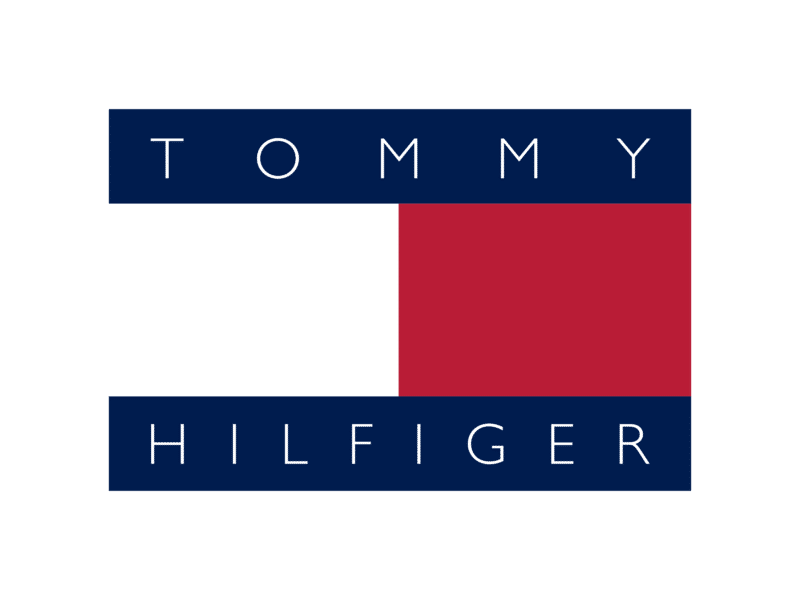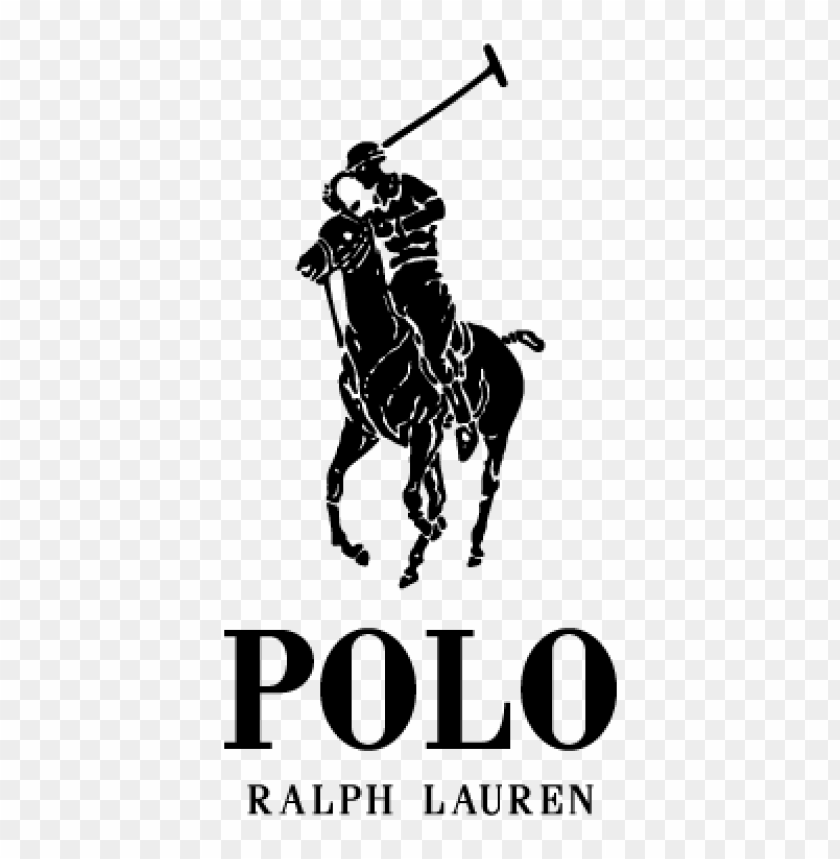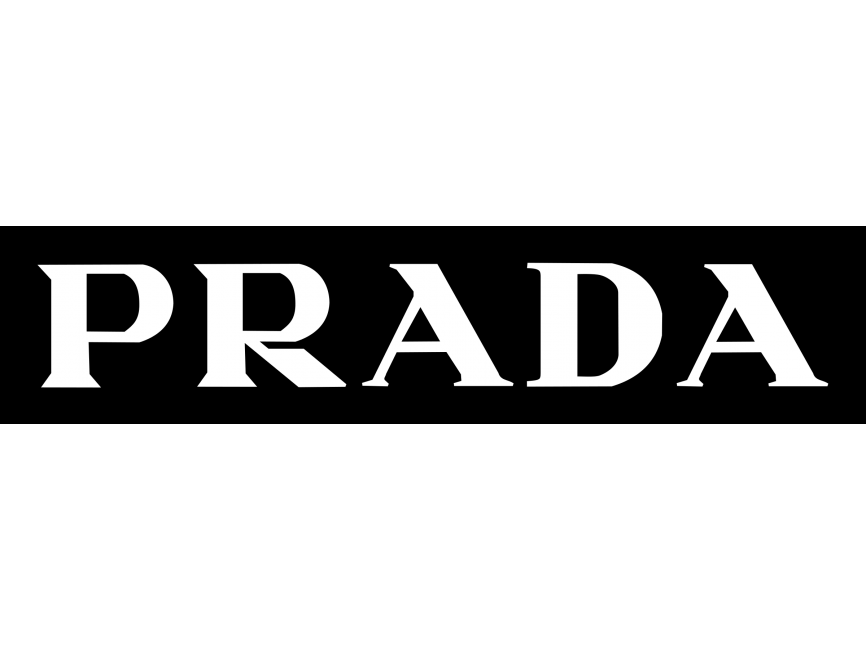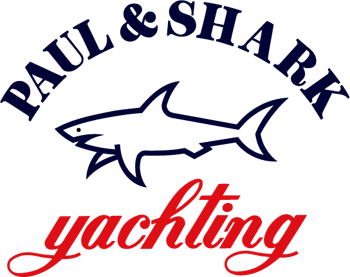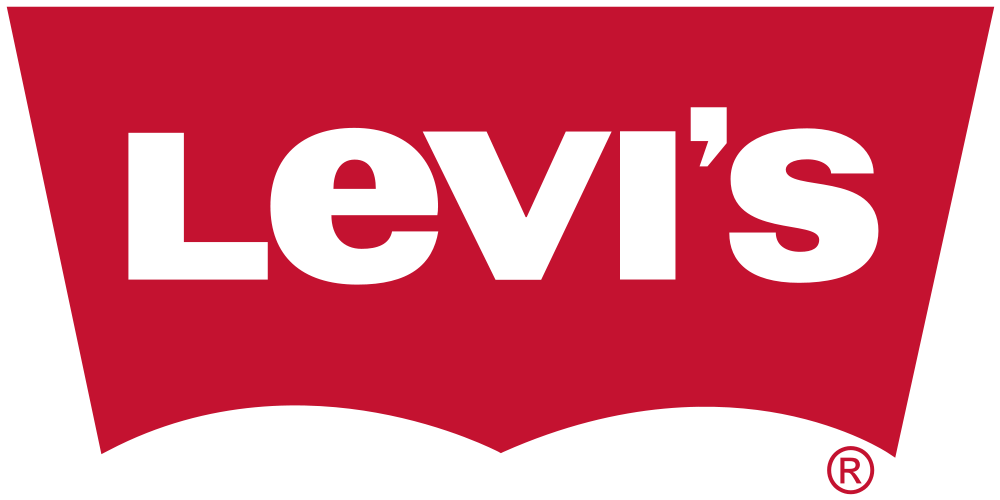How to Prevent Plumbing Disasters at Home
In the realm of household management, ensuring the integrity of your water system is crucial in safeguarding your living space from unexpected challenges. Effective plumbing disaster prevention strategies can greatly contribute to your peace of mind. By taking proactive measures and implementing useful practices, you can significantly reduce the likelihood of encountering severe issues that could lead to costly repairs.
One of the primary goals of maintaining a sound water system is avoiding water damage. Water leaks and ruptures can wreak havoc on your property, causing structural deterioration and fostering conditions for mold growth. By understanding common problem areas and staying vigilant, you can protect your residence from the adverse effects of water-related incidents.
Arming yourself with practical plumbing maintenance tips is essential for keeping your system running smoothly. Regular inspections and timely interventions can be the difference between smooth sailing and a chaotic situation involving extensive repairs. Staying informed about preventing leaks and bursts will empower you as a homeowner and help maintain the well-being of your environment.
Ultimately, prioritizing home plumbing safety is fundamental in navigating the complexities of household upkeep. By investing time and effort into understanding your water system and employing preventive techniques, you can create a sanctuary that is both secure and resilient against potential issues.
Regular Maintenance Checks for Your Plumbing System
Conducting routine inspections of your water conveyance system is crucial for maintaining its efficiency and longevity. By integrating a few simple practices into your maintenance schedule, you can significantly reduce the risk of leaks and bursts. Here are essential checks to consider:
- Inspect for leaks: Regularly check under sinks and behind toilets for any signs of moisture.
- Examine water pressure: Use a pressure gauge to ensure optimal levels, as high pressure can lead to pipe damage.
- Check drainage: Clear any clogs in drains and ensure water flows freely to avoid backups.
- Review appliance connections: Inspect hoses and connections for wear and replace them as needed.
- Monitor temperature changes: Insulate outdoor pipes as necessary to prevent freezing during cold weather.
Incorporating these steps into your maintenance routine contributes significantly to overall water safety and system reliability. Moreover, scheduling professional inspections periodically can give you additional peace of mind and ensure all potential issues are addressed proactively.
By taking these precautions seriously, you are effectively engaging in a strategy that emphasizes water protection and reduces the likelihood of significant issues. Remember, ensuring your plumbing remains in top condition is not just about avoiding damage; it’s also about preserving your property’s value.
Proper Disposal of Grease and Food Waste
Improper disposal of grease and food residues can lead to significant issues within your drainage system. When fats and oils are poured down sinks, they can solidify and cling to pipe walls, ultimately resulting in clogs. Instead of discarding them in this harmful manner, consider more appropriate options.
Utilize containers to collect excess cooking oil and greasy substances. Once full, seal the container and dispose of it in your regular trash. For food scraps, invest in a compost bin or utilize a disposal unit designed for organic waste. This approach not only keeps your pipes clear but also contributes to sustainable waste management.
In addition to these techniques, it’s essential to perform routine inspections as part of your plumbing maintenance tips. Inspect your kitchen fixtures and drains regularly to detect any signs of buildup or potential issues early on. Making these assessments part of your regular routine can enhance home plumbing safety and assist in avoiding water damage from unexpected leaks.
If you ever face uncertainties regarding waste disposal methods or encounter persistent drainage issues, don’t hesitate to consult with professionals. Engaging in professional plumbing precautions ensures that your home remains free from significant interruptions and maintains system integrity.
For further insights on enhancing your plumbing practices, visit https://kesterheatingandcoolingca.com for expert guidance and tips.
Signs of Potential Plumbing Issues You Should Watch For
Being aware of early indicators can save you from significant challenges later. Look out for unexpected increases in your water bill, as this might suggest hidden leaks within your system. Dripping faucets and running toilets are not only irritating but can also signal underlying problems, requiring immediate attention.
Keep an eye on your walls and ceilings for water stains or damp patches; these can signal severe leaks leading to mold and structural damage. Unpleasant odors emanating from sinks or drains may indicate blockages or stagnant water, which should be addressed swiftly.
Another key sign is a noticeable drop in water pressure, which can indicate a serious issue in your system. Gurgling sounds from pipes often signify a buildup that can lead to blockage. Observing these signs regularly is essential for avoiding water damage and ensuring effective measures for plumbing safety.
Always consider consulting with professionals when these indicators arise, as they can provide valuable plumbing maintenance tips that ensure long-term functionality and efficiency in your water system.

